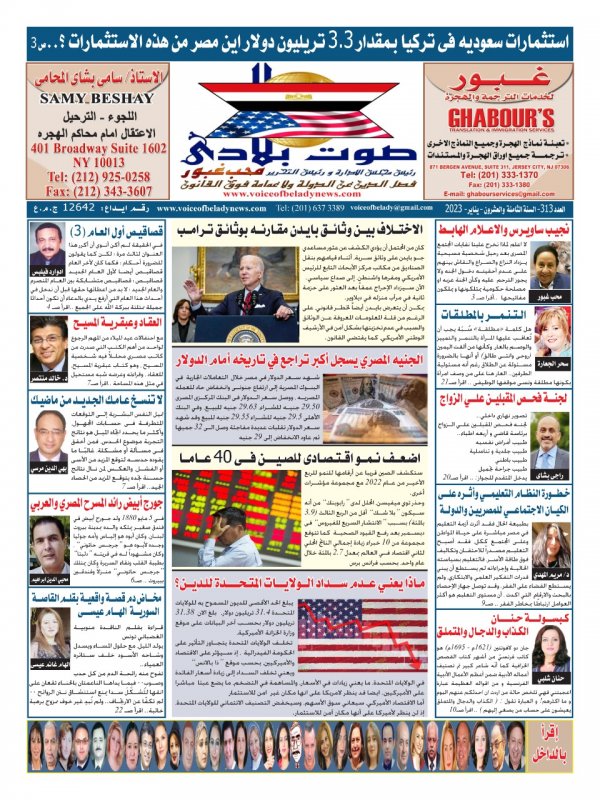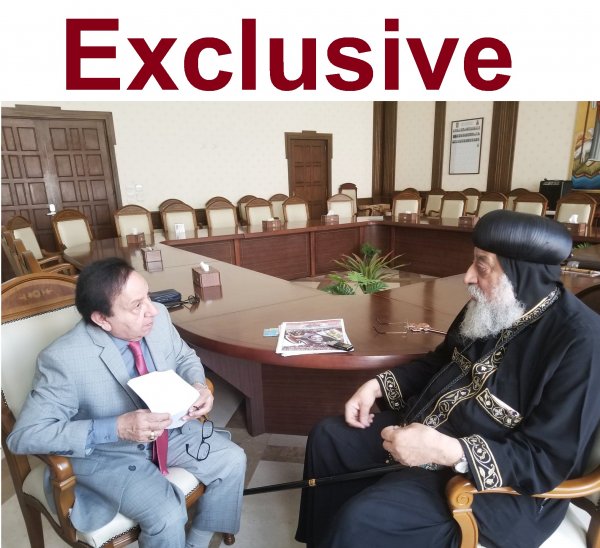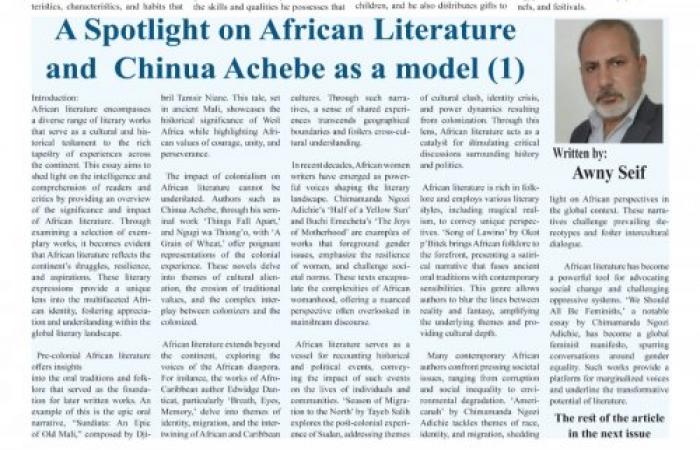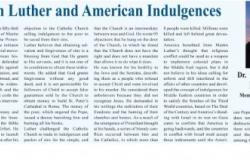Written by: Awny Seif, Cairo
Introduction:
African literature encompasses a diverse range of literary works that serve as a cultural and historical testament to the rich tapestry of experiences across the continent. This essay aims to shed light on the intelligence and comprehension of readers and critics by providing an overview of the significance and impact of African literature. Through examining a selection of exemplary works, it becomes evident that African literature reflects the continent's struggles, resilience, and aspirations. These literary expressions provide a unique lens into the multifaceted African identity, fostering appreciation and understanding within the global literary landscape.
Pre-colonial African literature offers insights
into the oral traditions and folklore that served as the foundation for later written works. An example of this is the epic oral narrative, "Sundiata: An Epic of Old Mali," composed by Djibril Tamsir Niane. This tale, set in ancient Mali, showcases the historical significance of West Africa while highlighting African values of courage, unity, and perseverance.
The impact of colonialism on African literature cannot be understated. Authors such as Chinua Achebe, through his seminal work 'Things Fall Apart,' and Ngugi wa Thiong'o, with 'A Grain of Wheat,' offer poignant representations of the colonial experience. These novels delve into themes of cultural alienation, the erosion of traditional values, and the complex interplay between colonizers and the colonized.
African literature extends beyond the continent, exploring the voices of the African diaspora. For instance, the works of Afro-Caribbean author Edwidge Danticat, particularly 'Breath, Eyes, Memory,' delve into themes of identity, migration, and the intertwining of African and Caribbean cultures. Through such narratives, a sense of shared experiences transcends geographical boundaries and fosters cross-cultural understanding.
In recent decades, African women writers have emerged as powerful voices shaping the literary landscape. Chimamanda Ngozi Adichie's 'Half of a Yellow Sun' and Buchi Emecheta's 'The Joys of Motherhood' are examples of works that foreground gender issues, emphasize the resilience of women, and challenge societal norms. These texts encapsulate the complexities of African womanhood, offering a nuanced perspective often overlooked in mainstream discourse.
African literature serves as a vessel for recounting historical and political events, conveying the impact of such events on the lives of individuals and communities. 'Season of Migration to the North' by Tayeb Salih explores the post-colonial experience of Sudan, addressing themes of cultural clash, identity crisis, and power dynamics resulting from colonization. Through this lens, African literature acts as a catalyst for stimulating critical discussions surrounding history and politics.
African literature is rich in folklore and employs various literary styles, including magical realism, to convey unique perspectives. 'Song of Lawino' by Okot p'Bitek brings African folklore to the forefront, presenting a satirical narrative that fuses ancient oral traditions with contemporary sensibilities. This genre allows authors to blur the lines between reality and fantasy, amplifying the underlying themes and providing cultural depth.
Many contemporary African authors confront pressing societal issues, ranging from corruption and social inequality to environmental degradation. 'Americanah' by Chimamanda Ngozi Adichie tackles themes of race, identity, and migration, shedding light on African perspectives in the global context. These narratives challenge prevailing stereotypes and foster intercultural dialogue.
African literature has become a powerful tool for advocating social change and challenging oppressive systems. 'We Should All Be Feminists,' a notable essay by Chimamanda Ngozi Adichie, has become a global feminist manifesto, spurring conversations around gender equality. Such works provide a platform for marginalized voices and underline the transformative potential of literature.
- Chinua Achebe: A Literary Treasure Worthy of Recognition.
Chinua Achebe, widely celebrated as a prominent African writer, has significantly contributed to the world of literature with his exceptional works. Throughout his career, Achebe has consistently showcased his literary prowess, addressing vital themes, unveiling cultural dynamics, and capturing the essence of African experiences. His profound impact on literature merits the highest accolades and justifies his unequivocal eligibility for receiving prestigious literary prizes.
Paradigm Shifting Narratives
Achebe's groundbreaking novel, "Things Fall Apart," revolutionized African literature by challenging colonial narratives and providing an unfiltered portrayal of the Igbo culture. This literary masterpiece unveiled a new perspective on colonialism, offering an authentic African voice that had long been overshadowed. Achebe's meticulous portrayal of complex characters, such as Okonkwo, with their strengths and weaknesses, further solidified his reputation as an intellectually astute writer.
Incorporating History and Tradition
One of Achebe's exceptional qualities lies in his ability to skillfully incorporate historical events and traditions into his narratives. Works like "Arrow of God" and "A Man of the People" delve into Nigeria's post-colonial struggles, examining the conflicts between traditional African values and the encroachment of Western modernity. Achebe's seamless integration of history and culture brings forth an immersive reading experience that enriches our understanding of African societies.
Preserving Indigenous Languages
Achebe's commitment to preserving indigenous languages cannot be understated. Serving as a champion of Igbo language and culture, his works contain significant Igbo vocabulary and phrases, ensuring their survival in a world dominated by homogenizing forces. Through this linguistic embrace, Achebe has not just preserved his heritage but has also inspired a new generation of African writers to draw from their native languages, further invigorating the African literary landscape.
Decolonizing African Literature
Achebe's approach to literature has been instrumental in decolonizing African writing. He challenges the prevailing Western-centric standards by crafting narratives that authentically depict the African experience. By breaking away from stereotypical depictions and misconceptions about Africa, Achebe empowers African writers to embrace their unique perspectives and contribute to the global literary conversation.
Social and Political Commentary
Beyond his ability to craft captivating stories, Achebe's works are replete with insightful social and political commentary. Whether exploring corruption and power struggles in "A Man of the People" or critiquing authoritarianism and its impact on society in "Anthills of the Savannah," Achebe brings to light the pressing issues afflicting African societies. Such astute commentary reflects his intellectual depth and his unwavering commitment to social justice.
Global Literary Impact
Achebe's influence extends far beyond the African literary sphere; it has permeated the global literary canon. His works have been translated into numerous languages, making his voice and perspective accessible to readers worldwide. The international recognition and widespread readership his novels have garnered only emphasize the universal appeal and the literary merit of his extraordinary body of work.
Influencing Future Generations
A mark of a truly great writer lies in their capacity to inspire and influence future generations of authors. Achebe's work has proven highly influential, serving as a catalyst for young African writers to embrace their heritage while forging literary paths of their own. His groundbreaking efforts have paved the way for a vibrant and diverse African literary tradition that continues to thrive today.
Conclusion
Chinua Achebe's distinguished literary career and his unparalleled contributions to the world of literature firmly establish his deservingness of a prestigious literary prize. Achebe's paradigm-shifting narratives, incorporation of history and traditions, preservation of indigenous languages, and his immense influence on decolonizing African literature all testify to his intellectual acuity and literary brilliance. Furthermore, his ability to comment on pressing social and political issues, his global literary impact, and his lasting influence on future generations cement his legacy as one of Africa's greatest writers.




 رئيس التحرير يكتب : من التراب وإلى التراب يعود .. تحويل جثث الموتى إلى سماد عضوى
رئيس التحرير يكتب : من التراب وإلى التراب يعود .. تحويل جثث الموتى إلى سماد عضوى
 رئيس التحرير يكتب : لماذا تصر الحكومة على استمرار شريف أبو النجا رئيسا لمستشفى 57357 رغم الشواهد العديدة على فساده
رئيس التحرير يكتب : لماذا تصر الحكومة على استمرار شريف أبو النجا رئيسا لمستشفى 57357 رغم الشواهد العديدة على فساده اقرأ في العدد الجديد ( عدد يناير ٢٠٢٣ ) من جريدة صوت بلادي
اقرأ في العدد الجديد ( عدد يناير ٢٠٢٣ ) من جريدة صوت بلادي









